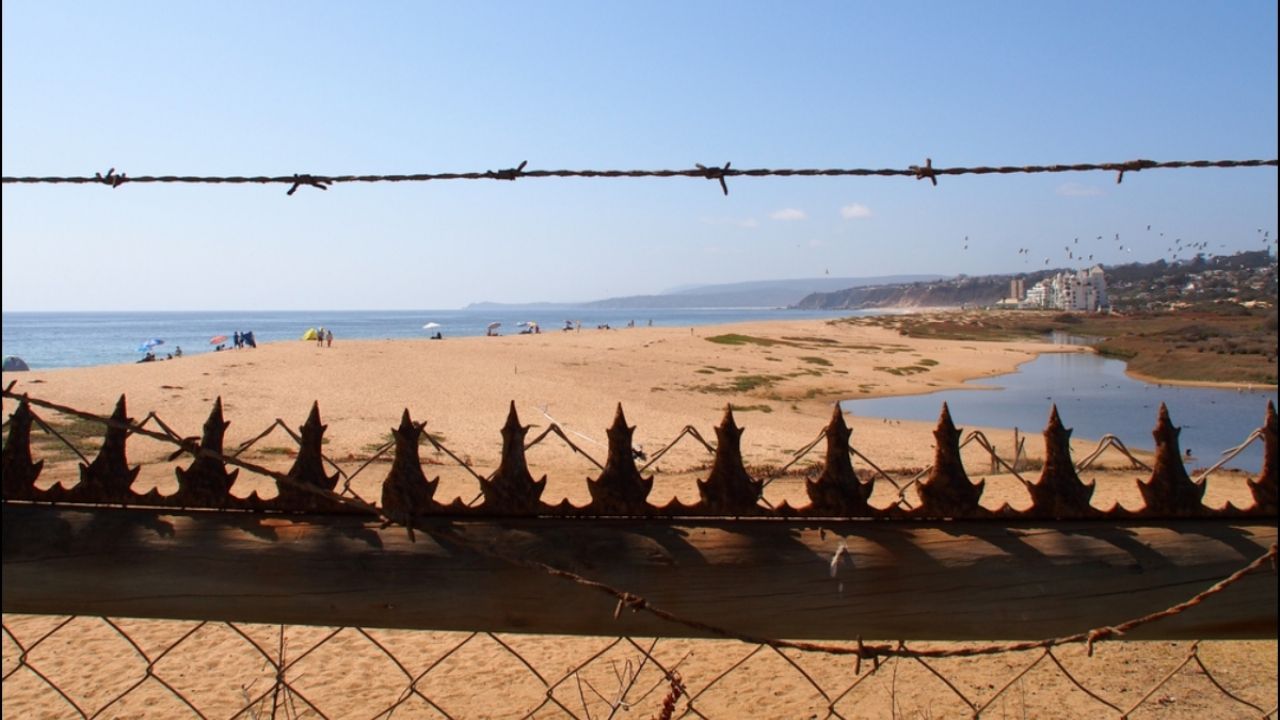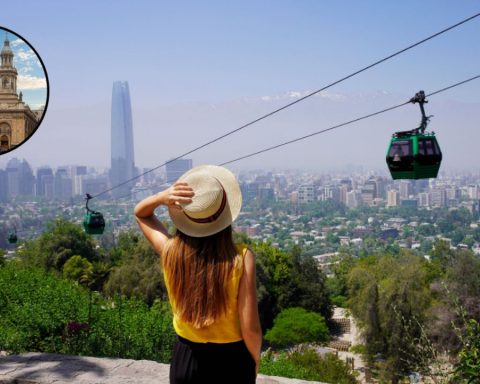In Chile, beaches, lakes and rivers are considered national assets for public use and, therefore, they belong to all Chileans.
Product of the increase in conflicts and complaints that have arisen in the summer season, Automobile Club of Chile developed an educational guide that allows vacationers to be guided on what the law says, what their rights and duties are, and how to report situations that affect their free transit on beaches, rivers, and lakes on these vacations.
Can there be private beaches in Chile?
Although you can find announcements about it, in Chile there are NO private beaches.
Which sectors of the coastline can be freely accessed?
Beaches, lakes, rivers and the bottom of the sea can be freely accessed, since they correspond to national assets for public use. Therefore, they are not susceptible to appropriation by individuals.
What happens in cases where there is no public access to the sea, lake or river beaches?
The owners of land adjoining sea beaches, rivers or lakes must provide free access to them, for tourism and fishing purposes when there are no other roads or public paths. The Regional Government is empowered to establish public access roads through private land, prior agreement with the owners, tenants or holders of the land.
Can the owner of a private piece of land prevent third-party access to his property from the sea, lake or river beach?
Only in the case that there is a resolution of the Maritime Authority or a decree of the Ministry of National Assets that sets the highest line of tide or maximum water, as the case may be. If so, there must be a fence or fence in its extension with a sign that indicates the decree fixing the corresponding line, and the fact that it constitutes the demarcation of the beach with the private property.
Is it possible to charge for accessing by vehicle and parking on private land adjacent to a Chilean beach?
The owners of private land through which a beach is accessed may charge a fee for the entry and parking of vehicles, with the exception of the accesses in which the Regional Government has expressly authorized vehicular traffic. It is necessary that, to apply these charges, the owner of the property has a municipal permit.
Can you enter the beach by vehicle and walk on it?
The entry and transit of vehicles directly on beaches, beach areas and coastal dunes is prohibited in Chile, except with prior authorization.
Can I be denied entry to a beach that belongs to a hotel located on the coast?
No, a hotel cannot deny entry to the beach. You must enable a step for everyone to access it.
Can you move freely in places where there are maritime concessions?
Of course yes. Free transit may only be restricted in those cases in which a certain maritime concession covers facilities that prevent movement on them, or that puts people’s safety at risk. These lands must be marked with signs indicating the owner of the land, its nature (beach, rocks, beach land, seabed or portion of water) and the number of the supreme decree that grants it.
Is it possible to occupy the maritime coastline for private purposes?
It can only be occupied through the granting of a maritime concession by supreme decree of the Ministry of National Defense, mediating a payment of rent and/or tariff. This is the case of docks, berths, ramps, landfills, breakwaters, promenades, pipes, rafts, floating balls, kiosks, restaurants, spa beaches or sunbathing areas (lounges, wooden walkways, fixed parasols), etc.
How can you denounce the owner, tenant or occupant of a property that denies entry to the sea, lake or river beaches if there is no public access to them?
It can be done through the telephone number authorized by the Ministry of National Assets for these purposes (800 104 559). Likewise, it is possible to do so by downloading the mobile application “Playapp”, provided by said portfolio so that users can make complaints when there are restricted access.
What sanctions are the owners exposed to that prevent free access to the beaches when this has been defined by the Regional Intendant?
Those who close or obstruct the access roads to the beaches defined by the Regional Intendant may be penalized with a fine for tax benefit of 10 to 100 UTM and 200 UTM, in case of recidivism.
How can you find out about the existence of sea, lake or river beaches?
The Ministry of national goods has one mobile application called “Playapp”which allows users to search for beaches throughout the national territory, identify their authorized accesses and make complaints when there are restricted accesses.
















